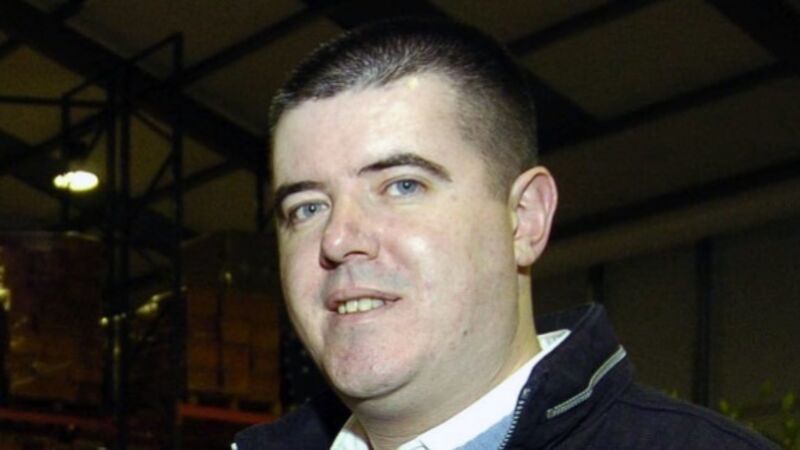Garda’s corrupt action ‘scandalous’

“The amounts of money were not large but the criminality is total,” Judge Seán Ó Donnabháin said at Cork Circuit Criminal Court. “The amount of money pales into insignificance when I view what he did with his entitlement as a guard, the manner in which he went around misusing his position is scandalous.”
The judge imposed the two-year sentence on John O’Halloran, 47, from South Douglas Road, Cork, and supended it. He was required to abide by the directions of the probation service for the next two years and in particular to comply with all directions on him in relation to addressing his gambling addiction.













